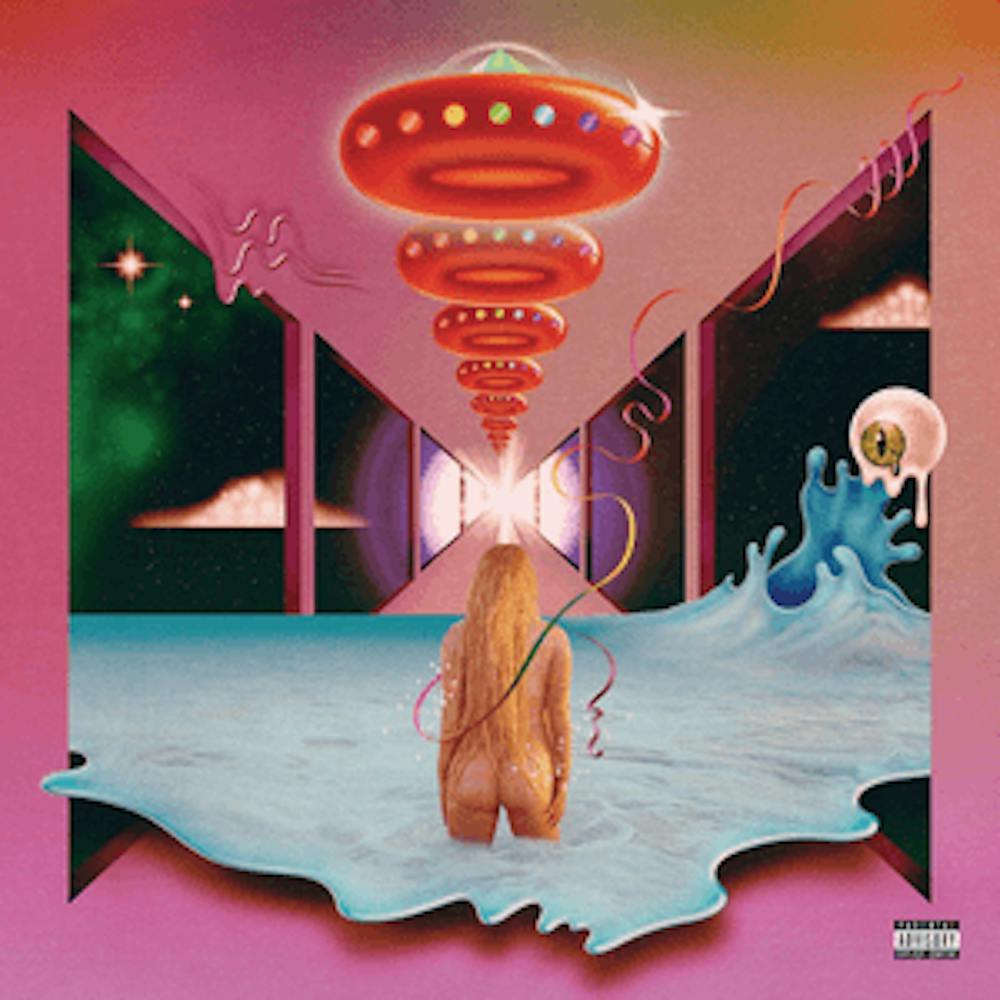In the early 2010s it was impossible to escape media coverage of singer songwriter Kesha — formerly stylized as Ke$ha — Rose Sebert. Her premiere album “Animal” had just exploded onto the American music scene, debuting at number one on the Billboard 200, and with its hit single “Tik Tok” gaining momentum and eventually becoming the sixth-best selling digital single in history. Her 2012 album “Warrior” followed, once again debuting in the Billboard 200 top 10. This rise to fame was paired with global solo tours and big budget collaboration performances with music A-Listers like Alice Cooper and Iggy Pop.
Not only did this time period see immense musical success for Kesha, but the pop diva was also in the role of a chief animal rights activist, culminating in her appointment as Humane Society International’s first global ambassador for animal rights. By late 2013 it seemed that Kesha would be an indomitable force within the American music scene, settling in for a long career of pop stardom.
However, these plans came to a screeching halt in October of 2014 when Kesha announced a planned lawsuit against her initial recruiter and longtime producer Dr. Luke, citing a laundry list of charges built up from years of abuse while performing. This included sexual assault, battery and breach of contract. The pair quickly became entrenched in a drawn-out legal battle over Kesha’s attempt to use her case as a means to prematurely leave her contract with Dr. Luke and his company Kemosabe Records.
Despite enormous rallying of public support behind Kesha, the suit drew on for two years until it ultimately came to an end with Kesha dropping the charges and citing the toll the ongoing battle had on her spirit.
It is within this tragic tale of rising stardom and crushing abuse that her latest studio album “Rainbow” is framed. But it is not a tale of pity or one of a woman beaten and battered by an oppressor who she has given up everything to fight. Instead, “Rainbow” stands as not only a testament to Kesha’s resiliency but as an inspirational triumph for listeners.
The songwriting on “Rainbow” is deceptively simplistic, teetering dangerously on the edge of cliched or cheesy like many other mainstream pop records. But what it lacks in abstract poeticism it more than makes up for in sheer fun and self-awareness. Verses like “Sorry if you’re starstruck, blame it on the stardust / I know that I’m perfect, even though i’m f—ed up” from “Hymn” could very easily come off as cheap and overbearing when performed by another pop artist. But within the context of Kesha’s rebound into the world of music, this and other verses on the album come off as surprisingly genuine.
Another nod to Kesha’s authenticity is her choice to embrace a far less over-produced vocal sound, leaving autotune largely behind and using minimal pitch correction. Leaving high notes to crackle, fast-paced words to slur and choruses more organic all combine to lend an incredible sense of energy and sincerity to what Kesha has to say.
This feeling is further amplified by the safe yet diverse set of instrumentals that Kesha employs on “Rainbow.” Sincere moments of reflection and inspiration can be found in slow guitar ballads like “Bastards” or in the swooping piano-driven sounds of the title track. Conversely, cuts like “Hymn” elicit feelings of self-acceptance and peace with a gently twinkling synth section. “Rainbow” even sees Kesha return to her demo tape country roots with the foot-stomping country pop fusion “Hunt You Down,” a choice that is all too serendipitous given the motif “Rainbow” features so prominently — returning to one’s true self.
And it is just that which Kesha has done with the release of “Rainbow.” She is no longer the glitter puke pop diva of the early 2010s, lost in a sea of identity warping and abuse. She has returned to herself, coming to peace with who she is as a person and rejecting the best efforts of those around her to change that.





